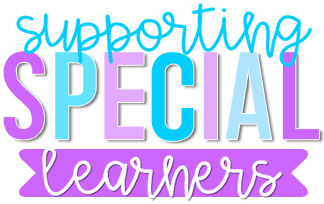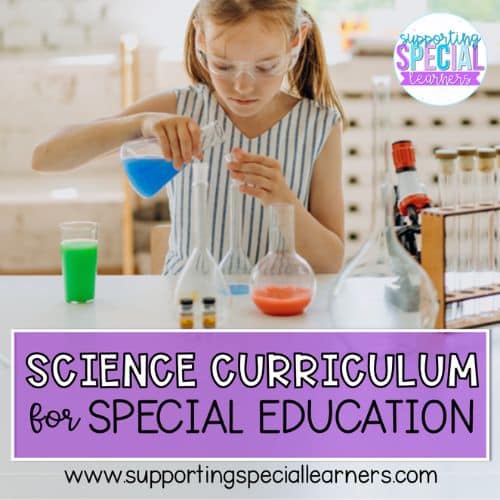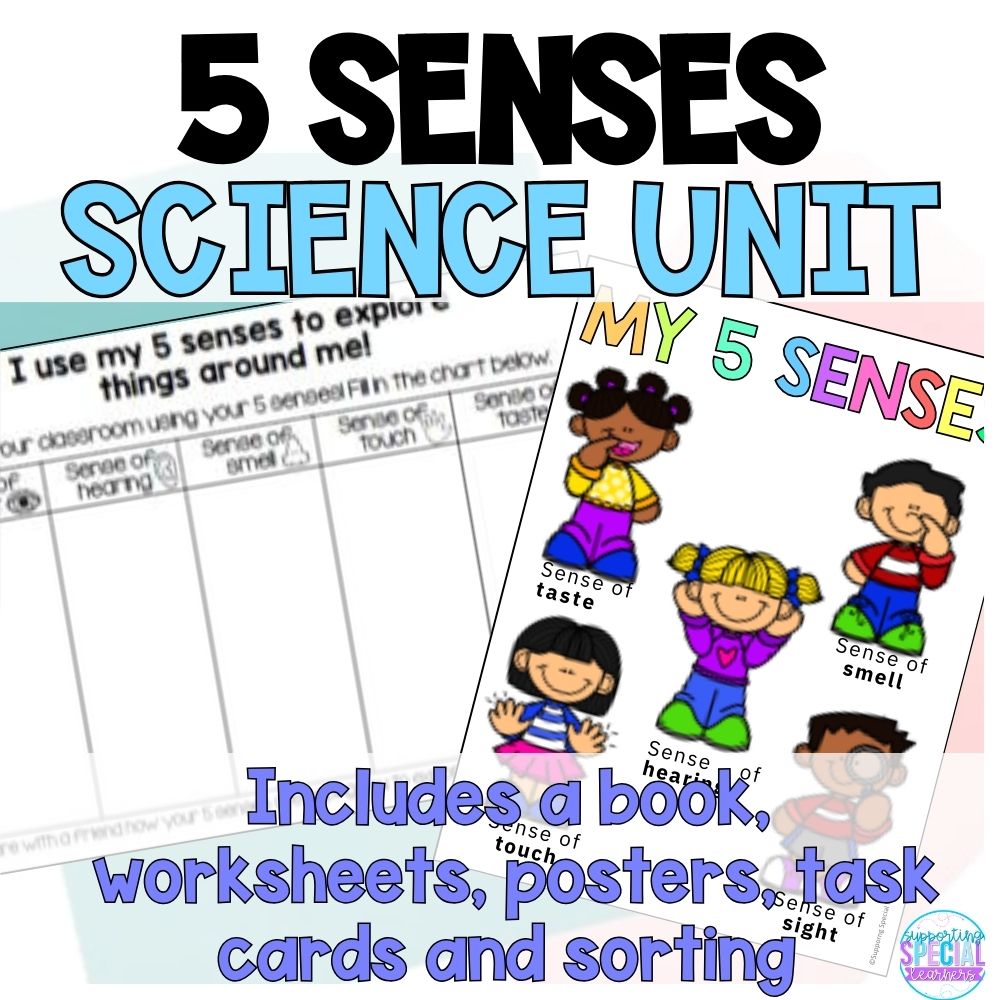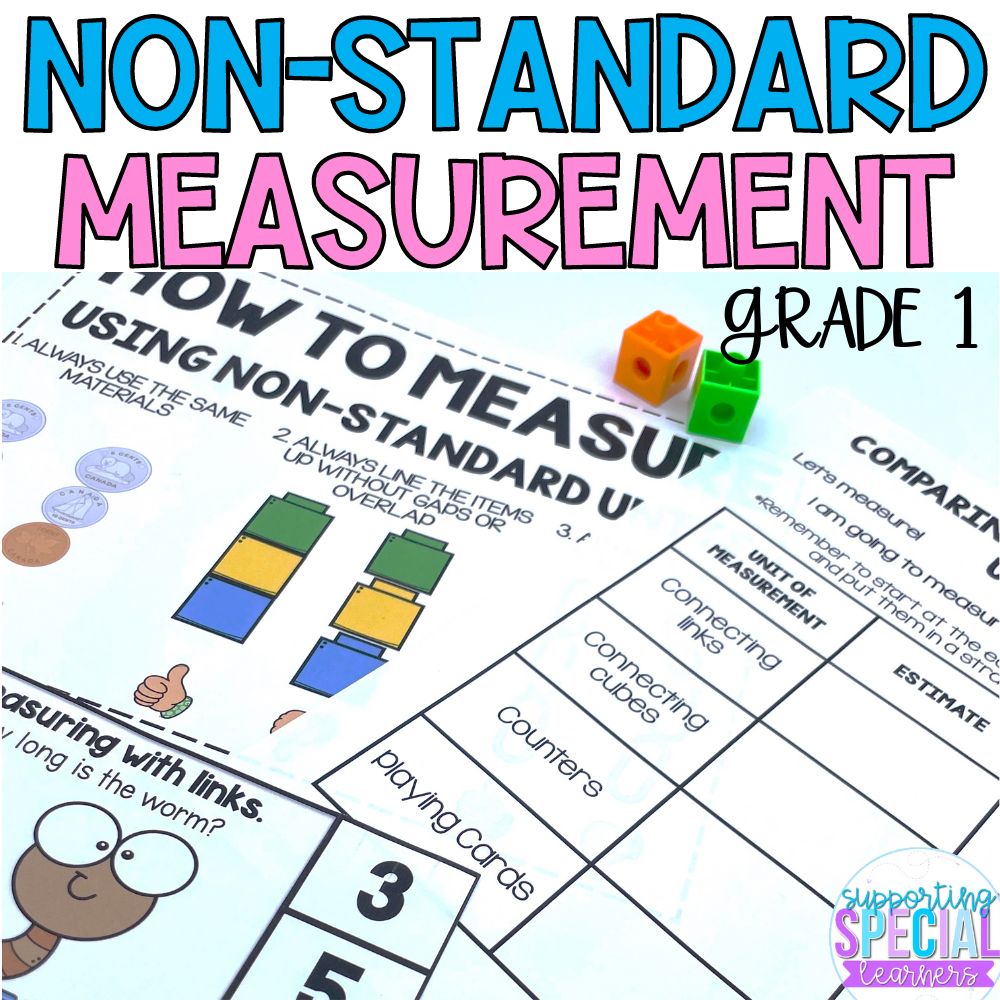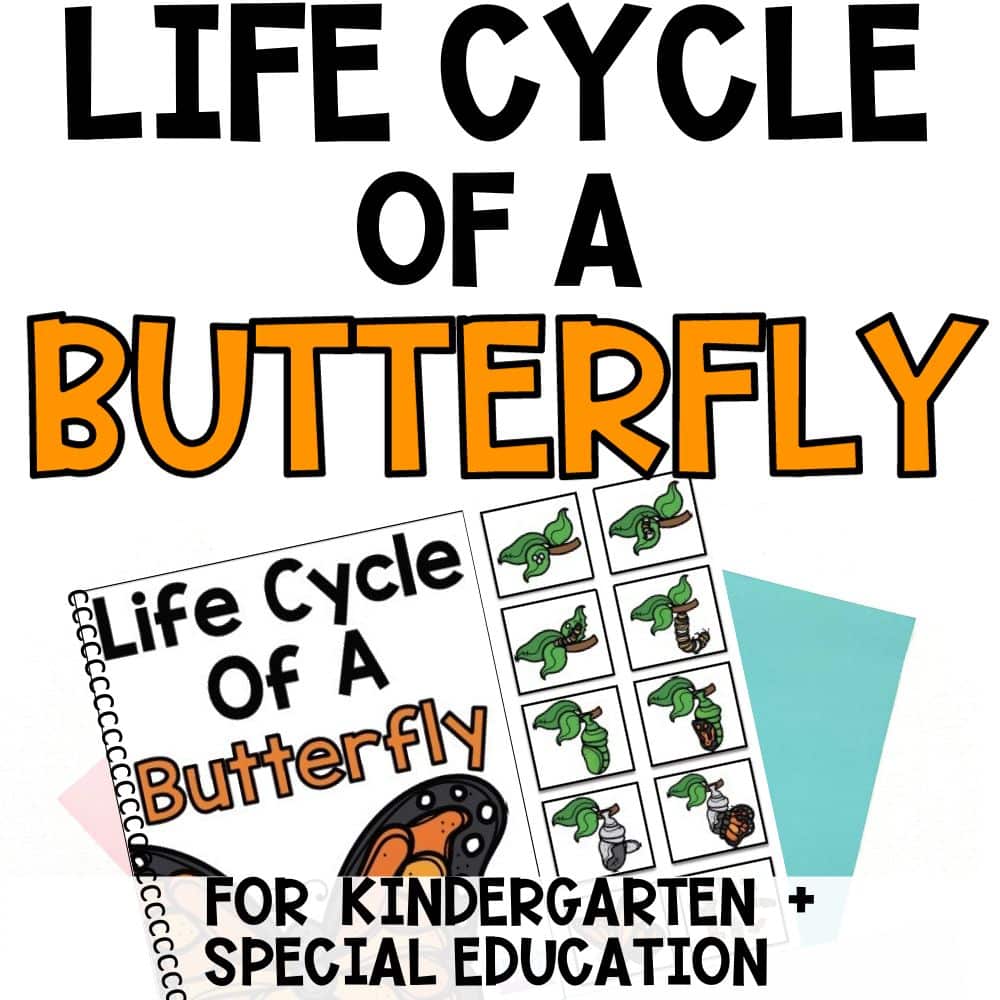- Adapting Science Curriculum for Special Education
- Key Components of an Effective Science Curriculum
- Teaching Fundamental Science Concepts
- Assessment Strategies in Special Education Science
- Resources for Special Education Science Teachers
- Engaging Students in Science Learning
- Challenges and Solutions in Special Education Science
- Conclusion
- Frequently Asked Questions
Designing an effective science curriculum for special education requires a thoughtful approach that addresses the unique learning needs of each student. Special education teachers often face the challenge of adapting standard science lessons to be accessible and engaging for students with diverse abilities. This article aims to provide practical strategies and resources to help educators create an inclusive and effective science curriculum for their special education classrooms.
Key Takeaways
- Adapting the science curriculum for special education involves understanding diverse learning needs and modifying existing materials to make them more accessible.
- Incorporating hands-on activities and aligning lessons with state standards are essential components of an effective science curriculum for special education.
- Utilizing visual supports and differentiated instruction can enhance comprehension and engagement among special education students.
- Assessment strategies such as alternative assessments, formative assessments, and student portfolios are crucial for measuring student progress in special education science.
- Engaging students through interactive experiments, nature walks, and the use of technology can make science learning more enjoyable and effective for special education students.
Adapting Science Curriculum for Special Education
Understanding Diverse Learning Needs
To effectively teach science to students with special needs, it’s crucial to recognize their diverse learning needs. This involves understanding each student’s unique abilities and challenges, which can range from intellectual disabilities to sensory impairments. By tailoring the curriculum to meet these needs, educators can create a more inclusive and effective learning environment.
Modifying Existing Curriculum
Modifying the existing science curriculum is essential to make it accessible for all students. This can include simplifying complex concepts, using more visual aids, and incorporating hands-on activities that engage the 5 senses. For example, an engaging 5 senses science unit with adaptable activities for diverse learners is ideal for kindergarten classrooms, promoting interactive learning and inclusivity.
Utilizing Visual Supports
Visual supports play a significant role in helping students with special needs grasp scientific concepts. These can include charts, diagrams, and picture schedules that break down information into manageable parts. Visual aids not only enhance understanding but also help in maintaining students’ attention and interest in the subject matter.
Key Components of an Effective Science Curriculum
Incorporating Hands-On Activities
Hands-on activities are essential in a science curriculum, especially for special education. They provide students with practical experiences that help solidify abstract concepts. Activities like non-standard measurement activities: educational toolkit for young learners. Focusing on understanding, estimation, comparison, and hands-on experience, designed for special education needs, can be particularly effective.
Aligning with State Standards
Aligning the curriculum with state standards ensures that students are meeting educational benchmarks. This alignment helps in creating a structured learning path and ensures that the curriculum is comprehensive and inclusive.
Using Differentiated Instruction
Differentiated instruction is crucial for addressing the diverse learning needs of students in special education. By tailoring lessons to individual learning styles and abilities, teachers can provide more effective instruction. This approach not only enhances understanding but also boosts student confidence and engagement.
An effective science curriculum for special education must be adaptable, inclusive, and engaging to meet the unique needs of each student.
Teaching Fundamental Science Concepts
States of Matter
Understanding the states of matter is a foundational science concept. Students learn about solids, liquids, and gases through hands-on activities and visual supports.
Life Cycles
Teaching life cycles helps students grasp the stages of development in living organisms. This can be done through interactive lessons and visual aids, such as charts and diagrams. Activities like observing the metamorphosis of a butterfly can make these concepts more tangible and engaging for students.
Basic Physics Principles
Introducing basic physics principles, such as force and motion, can be achieved through simple experiments and demonstrations. Using everyday objects to illustrate these principles helps students relate to the material. For instance, rolling different objects down a ramp can demonstrate how weight and shape affect speed and motion.
Assessment Strategies in Special Education Science
Alternative Assessments
In a special education classroom setup, traditional assessments may not always be effective. Alternative assessments provide a more accurate measure of a student’s understanding and abilities. These can include project-based assessments, oral presentations, and practical demonstrations.
Formative Assessments
Formative assessments are essential for monitoring student progress and guiding instruction. These assessments can be informal, such as classroom observations and discussions, or more structured, like quizzes and short tests. The goal is to provide immediate feedback to help students improve.
Using Student Portfolios
Student portfolios are a valuable tool for assessing progress over time. They allow teachers to collect a variety of work samples, including written assignments, art projects, and science experiments. This method provides a comprehensive view of a student’s development and can be particularly useful in special education settings.
Utilizing diverse assessment strategies ensures that all students have the opportunity to demonstrate their knowledge and skills in ways that are meaningful to them.
Resources for Special Education Science Teachers
Adapted Science Units
Adapted science units are essential for teachers aiming to provide engaging and accessible lessons to students with diverse learning needs. These units often include task cards, worksheets, adapted books, and digital activities. They are designed to minimize preparation time for teachers while maximizing student engagement and learning outcomes.
Online Teaching Tools
Online teaching tools offer a variety of resources that can be easily integrated into the classroom. These tools often include interactive simulations, educational games, and virtual labs. They are particularly useful for creating inclusive curriculum and boosting learner confidence.
Community Support and Collaboration
Community support and collaboration are invaluable for special education teachers. Joining online forums, attending workshops, and participating in local support groups can provide teachers with new strategies and resources. This collaborative approach helps in sharing diverse materials for educators and parents, ensuring that all students receive the best possible education.
Utilizing these resources can significantly enhance the teaching and learning experience in special education science classrooms.
Engaging Students in Science Learning
Interactive Experiments
Interactive experiments help students stay involved and curious about science learning. These activities allow students to apply their knowledge of science concepts in a practical setting. Students gain practical experience with key concepts while working collaboratively with their peers. This approach not only enhances comprehension but also makes learning fun and memorable.
Nature Walks and Outdoor Activities
Nature walks and outdoor activities provide students with the opportunity to explore the natural world. These activities can be beneficial for students in special education, as they offer a sensory-rich environment that can enhance learning. During these walks, students can observe different habitats, identify various plants and animals, and discuss their findings with the class.
Incorporating Technology in Lessons
Incorporating technology into science lessons can greatly enhance student engagement. Tools such as interactive whiteboards, educational apps, and online resources can make learning more dynamic and accessible. For example, a science collection featuring educational materials on the water cycle, habitats, senses, animal adaptations, classification, and the butterfly life cycle can be used to create an inclusive learning environment. This approach ensures that all students, regardless of their abilities, can participate and benefit from the lesson.
Challenges and Solutions in Special Education Science
Addressing Behavioral Issues
Managing behavioral issues in the special education science classroom can be particularly challenging. Students with special needs often require tailored behavioral interventions to stay engaged and focused. Implementing positive reinforcement strategies and creating a structured environment can help mitigate these issues.
Ensuring Accessibility
Ensuring that science curriculum is accessible to all students is crucial. This includes providing materials in various formats, such as tactile, auditory, and visual supports. Utilizing adaptive tools and technologies can make science concepts more comprehensible for students with diverse learning needs.
Managing Classroom Dynamics
Managing classroom dynamics involves balancing the needs of all students while maintaining an inclusive learning environment. Teachers should employ differentiated instruction techniques and collaborate with support staff to address individual student needs effectively.
Creating an inclusive and engaging science curriculum for special education requires thoughtful planning and a willingness to adapt to each student’s unique needs.
Navigating the challenges in special education science can be daunting, but there are effective solutions available. Our resources are designed to create an engaging learning environment that promotes independence and saves time. Don’t let the search for effective materials stress you out. Visit our website to explore our range of adapted books, task cards, and more, all tailored to meet the unique needs of special education students. Join us today and make a difference in your classroom!
Conclusion
In conclusion, developing an effective science curriculum for special education requires a thoughtful blend of creativity, adaptability, and adherence to educational standards. The resources and strategies discussed in this article highlight the importance of providing differentiated materials and engaging activities that cater to the diverse needs of students with special needs. By utilizing specialized units and tools, educators can create an inclusive and stimulating learning environment that not only meets state standards but also fosters a love for science among all students. Whether through hands-on experiments, adapted books, or digital activities, the goal is to make science accessible and enjoyable for every learner in the special education classroom.
Frequently Asked Questions
What is the importance of adapting the science curriculum for special education?
Adapting the science curriculum for special education is crucial to meet the diverse learning needs of students. It ensures that all students, regardless of their abilities, have access to meaningful and engaging science education.
How can I modify existing science curriculum for special education students?
You can modify the existing science curriculum by simplifying the content, using visual supports, incorporating hands-on activities, and aligning the lessons with the extended state standards.
What are some effective assessment strategies for science in special education?
Effective assessment strategies include alternative assessments, formative assessments, and using student portfolios to track progress and understanding.
What resources are available for special education science teachers?
There are various resources available, including adapted science units, online teaching tools, and community support and collaboration networks to help teachers effectively deliver science education to special education students.
How can I engage special education students in science learning?
Engage students by using interactive experiments, nature walks, outdoor activities, and incorporating technology into lessons to make science learning fun and accessible.
What are some common challenges in teaching science to special education students and how can they be addressed?
Common challenges include addressing behavioral issues, ensuring accessibility, and managing classroom dynamics. These can be addressed by using differentiated instruction, providing a structured environment, and utilizing support from aides and specialists.
